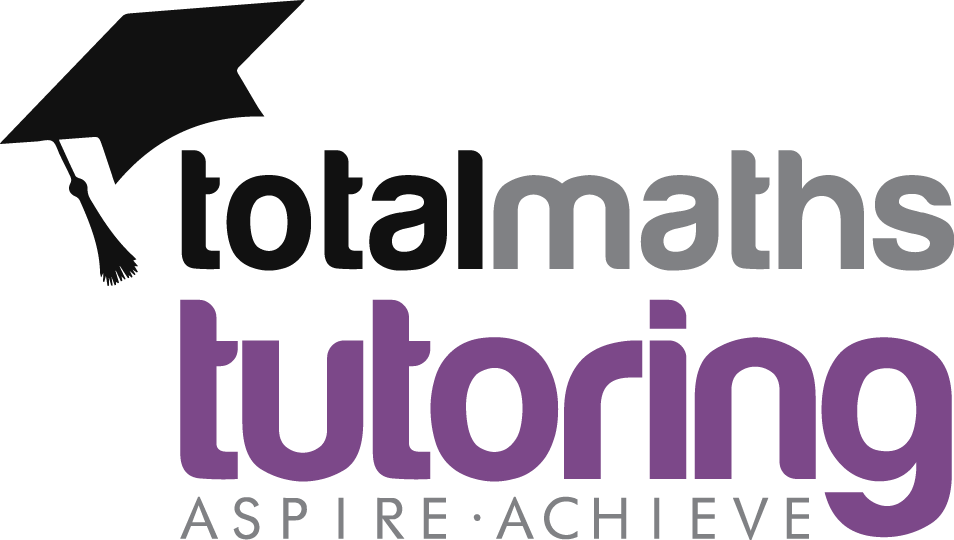You are probably aware that an announcement was made by the government yesterday, that GCSE and A level grades for this year will be decided by teacher judgement, rather than by formal exams or last year’s disastrous algorithms!
As a teacher myself, who works with Year 11 students, I wanted to pass on some of the information I have about how this will all work.

Firstly, we won’t see teachers handing out high grades like confetti to their favourite students. This would be unethical, and would undermine the whole exam system, as well as the teacher’s integrity. There is likely to be a lot of regulation of the grades by schools, and possibly by the exam boards too, so buying your teacher a bottle of wine and some chocolates probably isn’t going to get the job done!
The key here is evidence. The teacher needs to have evidence that they are justified giving students a particular grade. This evidence will come from a variety of sources, including, but not limited to; Coursework, classwork, mock exams, work completed during lockdown, exams set by the exam board but not undertaken in invigilated exam conditions. So its never been more important for students to apply themselves, show the teacher they want the grade, and prepare well for the exams they take.

A phrase used in the announcement was “grading what’s been taught, rather than what’s been missed”. This means that teachers should not be teaching new material when schools go back, to try and “catch students up”, but instead spend their time making them masters of the topics they’ve learnt up until now. In maths, this may mean that some more advanced topics such as surds and function notation on higher tier, or trigonometry on foundation, are not taught at all. It is really the school’s call which topics they assess based on their own teaching.
To achieve the highest results they can, students should try and do the following:
- Get working hard – If they have spent most of lockdown doing the bare minimum, or nothing at all, their teacher now has a 3 month gap with no evidence of how they’re working, and very little time to gather that evidence. They need to go back into school ready to work very hard for the next few months.
- Find out what content will be tested when they sit mock exams and assessments. Schools should be happy to give this information so parents can take the lead with this and email their teacher (this shows how much you care too, which can’t be a bad thing).
- Get some help catching up. If tutoring is an option financially, now is a great time to get some extra help. We have expert GCSE and A level tutors available ready to start straight away. If this isn’t an option, perhaps a sibling or family friend can lend a hand, or even mum and dad!
- Be positive. The GCSE and A level exam period is usually one of the most stressful in any student’s life. Your youngsters have an opportunity to work hard, apply themselves and achieve a good grade, without the horrific pressure pot of taking formal exams. If they can apply themselves and show their teacher what they are capable of, they will leave school with good grades and ready for their next step.
If you want to talk any of this through further or have any questions, please don’t hesitate to email Craig at craigpatterson@totalmathstutoring.com or call him on 07884296450.
Good luck and be positive!
